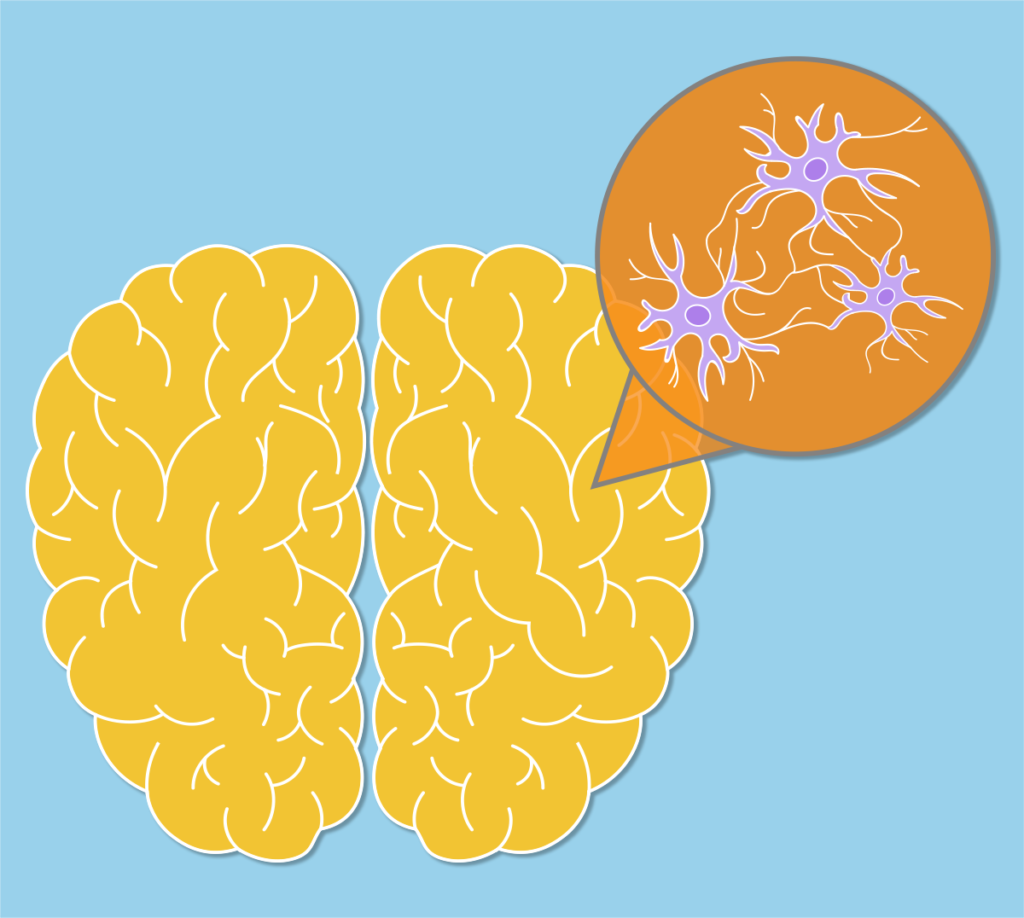Drug-resistant epilepsy is a challenging condition. This is why people with epilepsy who are drug-resistant should either be referred to a clinician trained in epilepsy, also known as an epileptologist or be referred to an epilepsy center for a thorough evaluation where more specialized care and treatment options can be provided.
Multiple factors are involved in the characterization of drug-resistant epilepsy. The epileptologist and the team of healthcare professionals will carefully develop an individualized care plan with the objective to improve your quality of life. Every treatment will be tailored individually, according to your condition and needs.

Pre-Surgical Evaluation & Assessments
The first objective is to determine which area or areas of the brain are responsible for your seizures and what might be the effect of surgery on your brain functions. You might undergo multiple pre-surgical evaluations and assessments such as MRI, EEG, SEEG, etc.

Surgeries
Several surgeries exist to treat or remove brain areas that are responsible for seizures. Surgeries may lessen the frequency and severity of the seizures or even stop them.

Adjuvant Therapies
Adjuvant therapies such as ketogenic diets, yoga, etc. are becoming important tools to treat drug-resistant epilepsy in order to improve the well-being and quality of life. These can be used in combination with other treatments.

Follow-up Care
Follow-up care is an integrative part of the treatment plan and must not be overseen. Being consistent and following the recommandation is crucial to improve your quality of life
Remember that each epilepsy is unique and so is your treatment plan. There is no “one size fits all” approach and patient journey. Understanding your drug-resistant epilepsy and finding ways to manage it will require time and a close collaboration with your team of doctors.
Feel free to ask questions and discuss with your multidisciplinary team.

